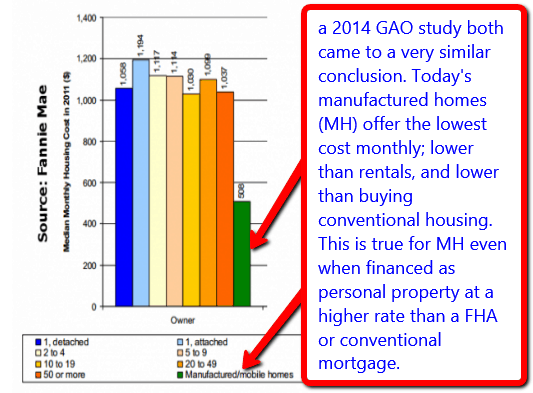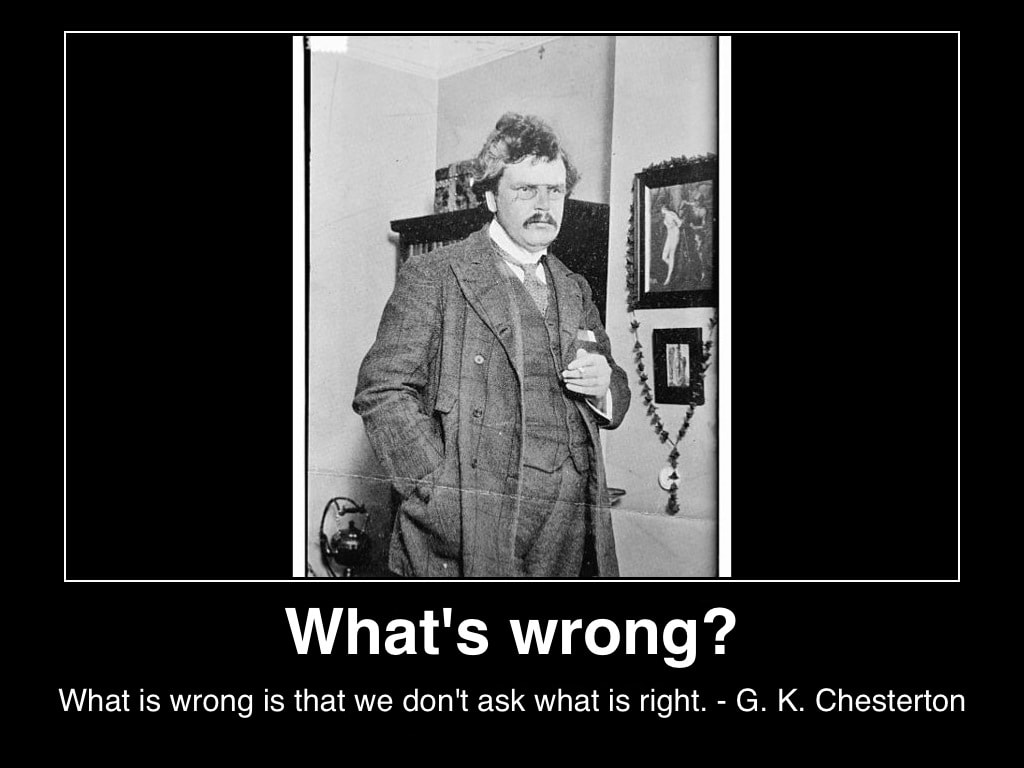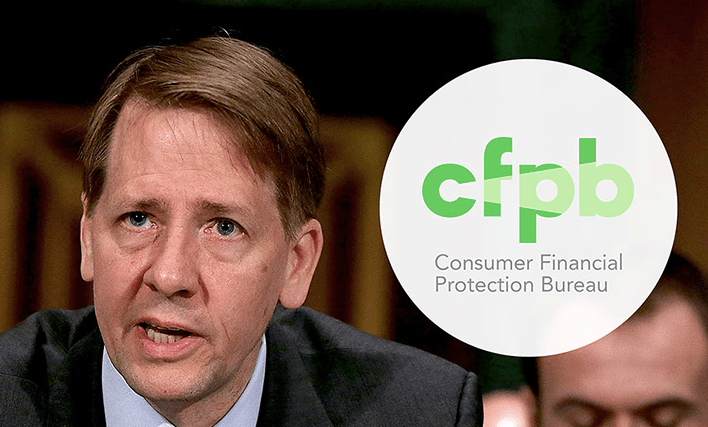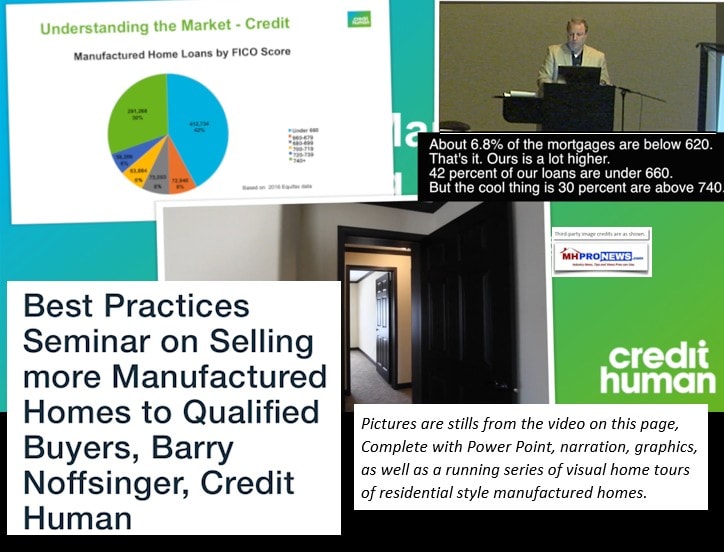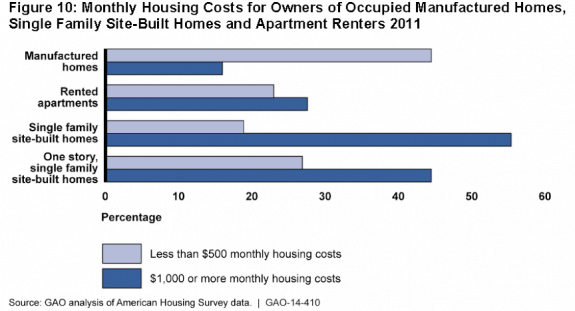by Elizabeth Birch, JD
 As you have heard from previous announcements, there’s a new sheriff in town – the federal Consumer Finance Protection Bureau (the “CFPB”). The Federal Trade Commission (the “FTC”) has long been the federal enforcer of market advertising of finance and credit and Ohio has state laws that also regulate the consumer advertising market. While the FTC has been the federal enforcer on finance/credit advertising, the federal CFPB has also stepped into the enforcement role for finance advertising and they are aggressively issuing rules and promise strong enforcement.
As you have heard from previous announcements, there’s a new sheriff in town – the federal Consumer Finance Protection Bureau (the “CFPB”). The Federal Trade Commission (the “FTC”) has long been the federal enforcer of market advertising of finance and credit and Ohio has state laws that also regulate the consumer advertising market. While the FTC has been the federal enforcer on finance/credit advertising, the federal CFPB has also stepped into the enforcement role for finance advertising and they are aggressively issuing rules and promise strong enforcement.
The CFPB does not have the powers of the FTC to regulate all advertising but instead has taken the position that advertising expensive goods generally results in a consumer credit transaction and thus they can regulate how retailers express those transactions.
They have done so in a new Reg N which becomes a part of Reg Z.
With the advent of Dodd Frank, changes in advertising have occurred and the CFPB is still promulgating regulations as this is written. As of now, advertising restrictions on financing mandate that retailers cannot advertise credit and financing terms unless they are in fact a licensed lender. Please note: Unless you are registered under the SAFE Act as either a Mortgage Loan Originator or a broker, it is illegal to advertise interest rates and payments, including “monthly payments.”
Retailers who are not licensed lenders cannot advertise that “financing is available” and certainly cannot advertise rates, payments or other terms.
For non-licensed retail sales, it has been held that a retailer cannot allow one lender to advertise at his/her place of business to the exclusion of others.
If a retailer receives information from a lending source, it has been advised that the retailer also needs to obtain more lending information from at least two different lending sources to make available to customers. And while the unlicensed retailer may wish to advertise that lending is available through alternate sources, it’s best to avoid making that part of your advertising and instead, offer the broadest range of potential lenders to customers who are interested in obtaining lending through the alternative, third-party financing sources.
Generally, the laws would also require a retailer who is a licensed lender or loan originator to also mention their license number in any such advertisement. For the unlicensed sales retailer, advertising Rent to Own or Lease to Own homes would also violate these rules since such transactions are regulated as mortgage transactions.
Since the CFPB and the FTC both have enforcement authority over advertising and can issue rules addressing market advertising, note that both have audit and citation enforcement powers as well. This means that the CFPB and the FTC could both issue a finding of a violation if you advertise credit/financing without a MLO or broker license.
For licensed retailers with MLO or broker’s licensing, it is advised that small print statements of terms and conditions of financing would be unacceptable to the CFPB as well as rapid-fire disclosures either in practice at your sales site or through media advertising, as that would be a violation.
For all lenders, the CFPB’s list of advertising prohibitions mirrors the more extensive list of Ohio advertising prohibitions:
Prohibited representations. 12 CFR Part 1014.3 (Reg N)
It is a violation of this part for any person to make any material misrepresentation, expressly or by implication, in any commercial communication, regarding any term of any mortgage credit product, including but not limited to misrepresentations about:
(a) The interest charged for the mortgage credit product, including but not limited to misrepresentations concerning:
(1) The amount of interest that the consumer owes each month that is included in the consumer’s payments, loan amount, or total amount due, or
(2) Whether the difference between the interest owed and the interest paid is added to the total amount due from the consumer;
(b) The annual percentage rate, simple annual rate, periodic rate, or any other rate;
(c) The existence, nature, or amount of fees or costs to the consumer associated with the mortgage credit product, including but not limited to misrepresentations that no fees are charged;
(d) The existence, cost, payment terms, or other terms associated with any additional product or feature that is or may be sold in conjunction with the mortgage credit product, including but not limited to credit insurance or credit disability insurance;
(e) The terms, amounts, payments, or other requirements relating to taxes or insurance associated with the mortgage credit product, including but not limited to misrepresentations about:
(1) Whether separate payment of taxes or insurance is required; or
(2) The extent to which payment for taxes or insurance is included in the loan payments, loan amount, or total amount due from the consumer;
(f) Any prepayment penalty associated with the mortgage credit product, including but not limited to misrepresentations concerning the existence, nature, amount, or terms of such penalty;
(g) The variability of interest, payments, or other terms of the mortgage credit product, including but not limited to misrepresentations using the word “fixed”;
(h) Any comparison between:
(1) Any rate or payment that will be available for a period less than the full length of the mortgage credit product; and
(2) Any actual or hypothetical rate or payment;
(i) The type of mortgage credit product, including but not limited to misrepresentations that the product is or involves a fully amortizing mortgage;
(j) The amount of the obligation, or the existence, nature, or amount of cash or credit available to the consumer in connection with the mortgage credit product, including but not limited to misrepresentations that the consumer will receive a certain amount of cash or credit as part of a mortgage credit transaction;
(k) The existence, number, amount, or timing of any minimum or required payments, including but not limited to misrepresentations about any payments or that no payments are required in a reverse mortgage or other mortgage credit product;
(l) The potential for default under the mortgage credit product, including but not limited to misrepresentations concerning the circumstances under which the consumer could default for nonpayment of taxes, insurance, or maintenance, or for failure to meet other obligations;
(m) The effectiveness of the mortgage credit product in helping the consumer resolve difficulties in paying debts, including but not limited to misrepresentations that any mortgage credit product can reduce, eliminate, or restructure debt or result in a waiver or forgiveness, in whole or in part, of the consumer’s existing obligation with any person;
(n) The association of the mortgage credit product or any provider of such product with any other person or program, including but not limited to misrepresentations that:
(1) The provider is, or is affiliated with, any governmental entity or other organization; or
(2) The product is or relates to a government benefit, or is endorsed, sponsored by, or affiliated with any government or other program, including but not limited to through the use of formats, symbols, or logos that resemble those of such entity, organization, or program;
(o) The source of any commercial communication, including but not limited to misrepresentations that a commercial communication is made by or on behalf of the consumer’s current mortgage lender or servicer;
(p) The right of the consumer to reside in the dwelling that is the subject of the mortgage credit product, or the duration of such right, including but not limited to misrepresentations concerning how long or under what conditions a consumer with a reverse mortgage can stay in the dwelling;
(q) The consumer’s ability or likelihood to obtain any mortgage credit product or term, including but not limited to misrepresentations concerning whether the consumer has been preapproved or guaranteed for any such product or term;
(r) The consumer’s ability or likelihood to obtain a refinancing or modification of any mortgage credit product or term, including but not limited to misrepresentations concerning whether the consumer has been preapproved or guaranteed for any such refinancing or modification; and
(s) The availability, nature, or substance of counseling services or any other expert advice offered to the consumer regarding any mortgage credit product or term, including but not limited to the qualifications of those offering the services or advice.
Ohio Consumer Advertising Laws:
-
It shall be a deceptive and unfair act or practice for a dealer, manufacturer, advertising association, or advertising group, in connection with the advertisement or sale of a motor vehicle (including manufactured homes), to:
(1) Advertise an interest rate where the extension of credit is contingent upon qualification without including the disclosure “subject to approved credit” or words of similar import;
(2) In any advertisement or sales presentation, misrepresent in any way the size, inventory or nature of the business of the dealer; the expertise of the dealer; or the ability or capacity of the dealer, manufacturer, advertising association or advertising group to offer price reductions;
(3) Use any statement, layout, or illustration in any advertisement or sales presentation which could create in the mind of a reasonable consumer a false impression as to any material aspect of said advertised or offered vehicle, or to convey or permit an erroneous impression as to which vehicles are offered for sale at which prices;
(4) Advertise any motor vehicle for sale at a specific price or on specific terms if the dealer is not in possession of said vehicle or has not previously ordered said vehicle which is expected for delivery within a reasonable time unless the advertisement clearly and conspicuously discloses that the specific price applies to a vehicle which must be ordered;
-
Advertise any motor vehicle for sale at a specific price or on specific terms and subsequently fail to show and make available for sale said vehicle as advertised;
-
Misrepresent the availability of an advertised motor vehicle;
-
Fail to clearly and conspicuously disclose, in any advertisement, that a particular advertised motor vehicle is not immediately available in stock and must be ordered if such is the case;
-
Represent that advertised motor vehicles are in stock or previously ordered and expected for delivery within a reasonable time unless the dealer has or will have on hand sufficient supply of the advertised vehicles to meet reasonably anticipated demand, unless the advertisement clearly and conspicuously discloses the exact number of said vehicles on hand as of the last date on which any change can be made in the advertisement;
-
Use the terms “MSRP,” “list” or “sticker” in any advertisement or sales presentation except in reference to the manufacturer’s suggested retail price;
-
Compare an advertised price for a new motor vehicle to any other price unless the other price is “list,” “sticker,” or “invoice”. An advertised price for a used motor vehicle may not be compared to a “list,” “sticker” or “invoice” price;
-
Represent, state or imply in any advertisement that the purchase price is a “savings,” “discount” or words of similar import unless it is a “savings” or “discount” from the “list” or “sticker.” During the sales presentation only, the dealer may refer to a “savings” or “discount” or words of similar import in reference to a supplemental sticker that specifically discloses any additional charges related to a specific vehicle;
-
Use the word “cost” or words or concepts of similar import, inference, or implication, except “invoice,” which relate to any reference price other than “list” or “sticker” in any advertisements. If a dealer uses the word “invoice” in any advertisement, the dealer must clearly and conspicuously disclose in the advertisement that the invoice price may not reflect the dealer’s actual cost of the vehicle, and must make the actual invoice or a copy thereof available to consumers upon request;
-
Fail to disclose, in any advertisement or sales presentation, the model, year and, for current and previous model year vehicles, the fact that the vehicle is used if it is not new. For purposes of this rule, the terms “previously owned” or “pre-owned” have the same meaning and may be substituted for the term “used”;
-
Fail to disclose prior to the dealer’s obtaining signature by the consumer on any document for the purchase of the vehicle, any defect and/or the extent of any previous damage to such vehicle, retail repair cost of which exceeds or exceeded six per cent of the manufacturer’s suggested retail price, excluding damage to glass, tires and bumpers where replaced by identical manufacturer’s original equipment. The above disclosure is required when the dealer has actual knowledge of the defect and/or damage and the vehicle is a new motor vehicle as defined in division (C) of section 4517.01 of the Revised Code.
-
Fail to disclose prior to the dealer’s requiring signature by the consumer on any document for the purchase or lease of the vehicle, the fact that said vehicle has been previously used as a demonstrator, factory official vehicle or rental vehicle. The above disclosure is required when such is known by the dealer;
-
Fail to immediately make available a refund of a consumer’s deposit if the consumer’s offer is not accepted within four working days of delivery of such deposit or if the transaction is otherwise rescinded pursuant to paragraphs (B)(17) or (B)(28) of this rule;
-
Raise or attempt to raise the actual purchase price of any motor vehicle to a specific consumer except that a trade-in re-evaluation may occur pursuant to paragraph (B)(19) of this rule, a negative equity adjustment for a trade-in vehicle may be made, or the consumer otherwise consents to such price increase. In the instance that a motor vehicle is ordered by the dealer, the purchase price cannot be increased by that dealer after submission of the order to the manufacturer for a specific consumer except that the dealer may raise the actual purchase price by an amount equal to the increase if the dealer has actually paid the increased charge. In any instance where the purchase price of a vehicle has been increased, the consumer shall have the right to either pay the increased amount or rescind the transaction. A price increase due to a change in freight charges does not entitle a consumer to rescission;
-
Lower or attempt to lower the price of a trade-in vehicle unless there exists a reasonable basis for such re-evaluation based upon change to that vehicle due to accident, failure of or damage to major components, removal or substitution of equipment or accessories or the market value of that vehicle at the time of the re-evaluation;
-
Fail to disclose prior to the dealer’s requiring signature by the consumer on any document for the purchase of the motor vehicle, the fact that a trade-in re-evaluation may occur, if such is the case;
-
Represent that a motor vehicle will be delivered within a given period of time unless there exists a reasonable basis upon which such representation is made;
-
Advertise any price for a motor vehicle unless such price includes all costs to the consumer except tax, title and registration fees, and a documentary service charge, provided such charge does not exceed the maximum documentary service charge permitted to be charged pursuant to section 1317.07 of the Revised Code. Additionally, a dealer may advertise a price which includes a deduction for a discount or rebate which all consumers qualify for, provided that such advertisement clearly discloses the deduction of such discount or rebate.
-
Fail to integrate into any written sales contract, all material statements, representations or promises, oral or written, made prior to obtaining the consumer’s signature on the written contract with the dealer;
(23) Advertise the price such dealer will pay for any trade-in vehicle unless:
a) The price of motor vehicles offered for sale by such dealer is within the range of prices at which the dealer usually sells said motor vehicles and is not increased because of the amount offered for the trade-in; and
(b) The advertised trade-in price will be paid for all vehicles regardless of their condition or age, or unless the advertisement clearly and conspicuously discloses the conditions the trade-in vehicle must meet before such advertised price will be paid.
-
Advertise the price to be paid for trade-in vehicles as a range of prices, e.g., “up to two thousand dollars” or “as much as two thousand dollars”;
-
Add or substitute any equipment and/or service after acceptance of the purchase agreement except when such addition or substitution is beyond the control of the dealer or is otherwise with the consumer’s consent.
-
Fail to disclose the beginning and ending dates of any sale or other offer for the sale of a motor vehicle. However, if the dealer states and/or lists the specific quantity of vehicles available for sale, the dealer shall only be required to disclose the beginning date of the sale and may disclose the ending date by use of the phrase “while supply lasts.” Additionally, a dealer is not required to list a beginning date for a sale, if such sale begins on the date the advertisement appears.
-
Advertise, represent or offer a rebate, interest reduction program or similar program or procedure in which the dealer financially contributes without the following clear and conspicuous disclosure: “dealer contribution may affect consumer cost,” or other words or terms which convey to the public the effect on consumer’s cost;
(28) Fail to immediately notify the consumer of any additional or substituted equipment, features and/or service which has come to the dealer’s attention pursuant to paragraph (C)(3) of this rule, and afford the consumer an opportunity to rescind the purchase agreement. ##
 Elizabeth J. Birch, Esq.
Elizabeth J. Birch, Esq.
General Counsel to the Ohio
Manufactured Homes Commission
425 Metro Place North
Suite 420
Dublin, Ohio 43017
614-764-1444 (landline)
614-905-6295 (business cell)
614-259-6088 (Fax)
ejbirch@columbus.rr.com
(Editor’s Note: This article is published with the permission of the OMHA, and was originally shared with their members.)















